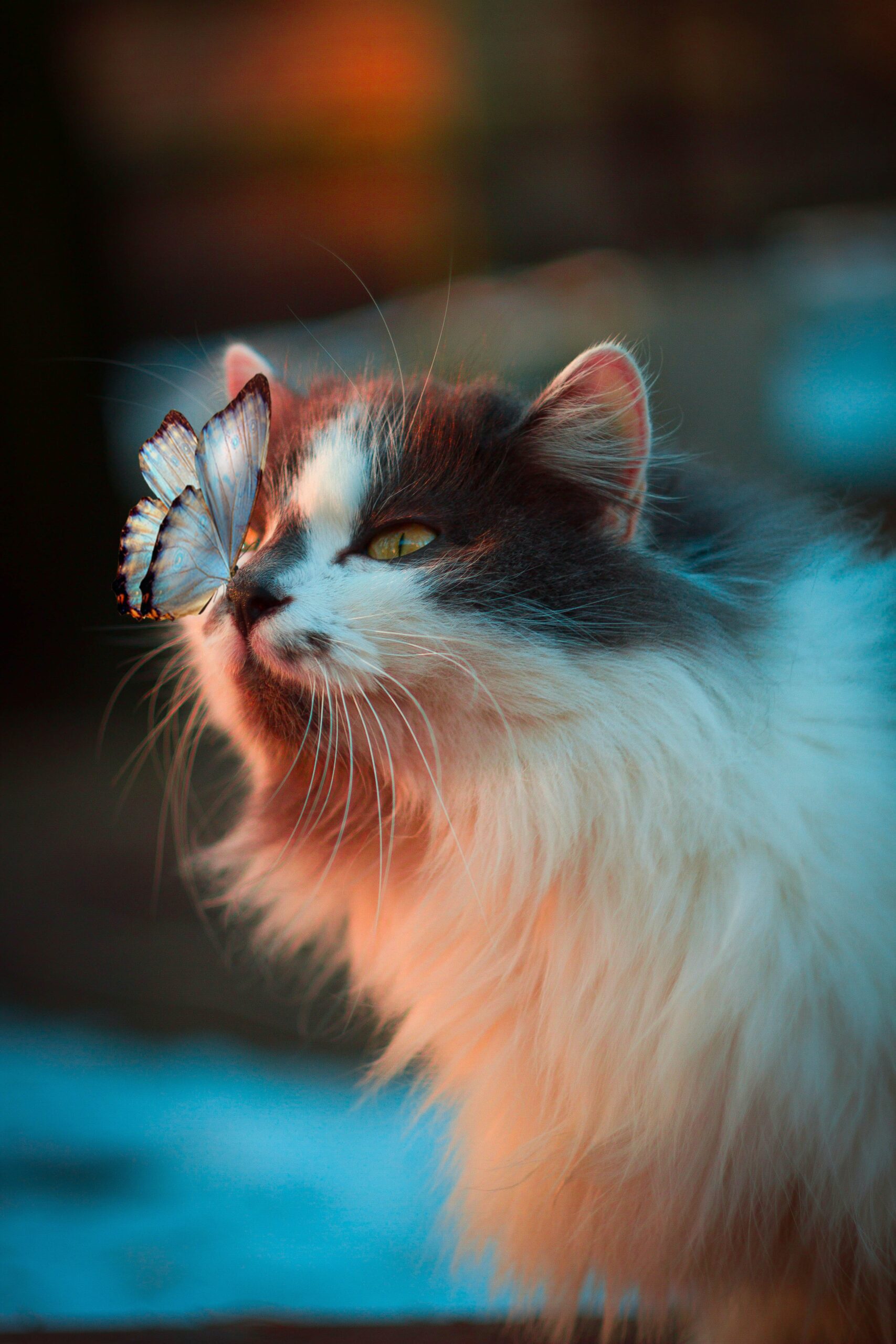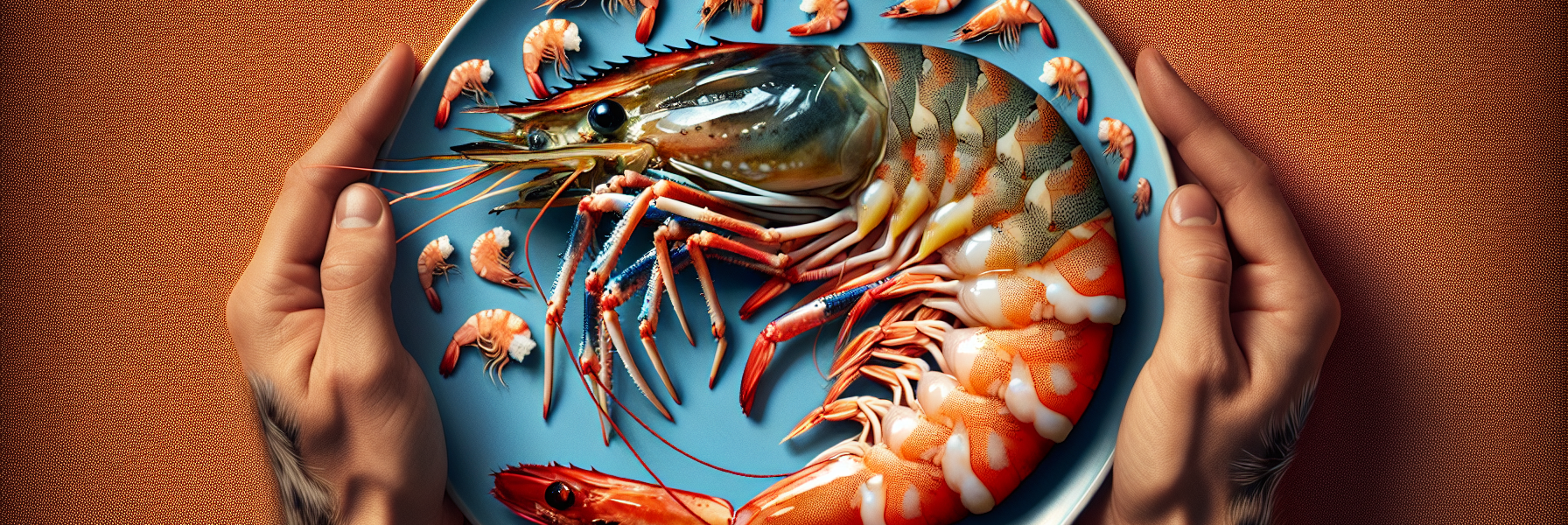Sure thing! Curious about whether cats can have raw shrimp? Well, you’ve come to the right place! In this article, we’ll explore the topic of whether feline friends can enjoy a tasty bite of raw shrimp or if it’s best to keep it off their menu. So, if you’re a cat owner with a craving for shrimp, stick around as we uncover the truth about this seafood delight and its compatibility with our beloved kitties.
Can Cats Eat Raw Shrimp
Cats are known for their curious and sometimes finicky eating habits. As a cat owner, you may find yourself wondering if it’s safe to feed your feline friend raw shrimp. After all, cats are carnivores, and shrimp is a delicious and nutritious seafood option. In this article, we will explore the topic of feeding raw shrimp to cats. We’ll discuss the nutritional value of raw shrimp, the potential health benefits, as well as any risks associated with this type of feeding. We’ll also provide tips on how to prepare raw shrimp for cats, offer alternative options, and emphasize the importance of consulting with a veterinarian before making any significant changes to your cat’s diet. So, let’s dive in!

This image is property of images.unsplash.com.
Overview of Feeding Shrimp to Cats
Before we get into the details, let’s take a moment to understand the general concept of feeding shrimp to cats. Shrimp is a type of crustacean that contains a variety of nutrients, including protein, vitamins, and minerals. Cats, being obligate carnivores, rely heavily on animal protein for optimal health. While some cats may find shrimp to be a delightful treat, it’s essential to consider several factors, such as the cat’s individual dietary needs, any potential allergies or sensitivities, and the recommended preparation methods.
The Nutritional Value of Raw Shrimp for Cats
Raw shrimp can be a rich source of protein for cats. Protein plays a crucial role in maintaining a cat’s overall health and well-being, as it aids in muscle development, tissue repair, and the production of essential enzymes and hormones. Additionally, shrimp contains omega-3 fatty acids, which are known for their anti-inflammatory properties and potential benefits for a cat’s skin and coat. Shrimp also provides important vitamins such as vitamin B12, which is necessary for a cat’s nervous system function, and minerals like selenium, which supports proper immune system function.
Health Benefits of Raw Shrimp for Cats
When fed as part of a balanced and varied diet, raw shrimp can offer several health benefits for cats. As mentioned earlier, the high protein content in shrimp promotes muscle growth and repair. The omega-3 fatty acids found in shrimp can help reduce inflammation, potentially benefiting cats with joint issues or skin irritations. Additionally, the vitamins and minerals in shrimp contribute to overall immune system support and improved overall health.
Potential Risks of Feeding Raw Shrimp to Cats
While raw shrimp can be beneficial for cats, it’s crucial to be aware of the potential risks associated with this type of feeding. One primary concern is the risk of foodborne illnesses such as salmonella or bacterial contamination. Cats, despite having strong immune systems, can still be susceptible to these pathogens. Raw shrimp should be handled and stored properly to minimize the risk of contamination. Another potential issue is the presence of bones or shell fragments in the shrimp, which can pose a choking hazard or cause internal injuries if ingested. It’s essential to ensure that the shrimp is carefully prepared and any potential hazards are removed before offering it to your cat.

This image is property of images.unsplash.com.
Preparing Raw Shrimp for Cats
Proper preparation is key when it comes to feeding raw shrimp to cats. First and foremost, ensure that the shrimp is fresh and of high quality. Avoid using shrimp that has been previously cooked or seasoned, as it may contain harmful additives or excessive salt. Remove the shell, tail, and any visible veins or digestive tract. Consider cutting the shrimp into small, manageable pieces to prevent choking. It’s also recommended to cook the shrimp briefly in boiling water to eliminate any potential bacteria or parasites. However, if you prefer to feed raw shrimp to your cat, freezing it beforehand can help reduce the risk of contamination. Always wash your hands thoroughly before and after handling raw shrimp to prevent cross-contamination.
Feeding Raw Shrimp to Cats: Dos and Don’ts
When introducing raw shrimp into your cat’s diet, there are some essential dos and don’ts to keep in mind. Do start with small portions and observe how your cat reacts to the new food. Monitor for any signs of gastrointestinal upset, such as vomiting or diarrhea. Do offer shrimp as an occasional treat and not as the main component of your cat’s diet. Variety is key to ensure a balanced and nutrient-rich meal plan. Don’t feed raw shrimp to cats with compromised immune systems, kittens, or elderly cats without consulting a veterinarian first. Don’t forget to clean your cat’s feeding area thoroughly after each meal to maintain proper hygiene.

This image is property of images.unsplash.com.
Alternatives to Raw Shrimp for Cats
If you’re hesitant about feeding raw shrimp to your cat or if your cat simply doesn’t enjoy it, there are alternative options to consider. Cooked shrimp, without any added seasonings or excess salt, can be a safe and delicious alternative for your feline companion. Other seafood options such as cooked fish or canned tuna can also provide similar nutritional benefits. Remember to remove any bones and ensure the seafood is well-cooked before offering it to your cat. Additionally, various commercially available cat food brands offer shrimp-flavored options that are specially formulated to meet the nutritional needs of cats.
Consulting with a Veterinarian
Before making any significant changes to your cat’s diet, it’s essential to consult with a veterinarian. They can provide personalized advice based on your cat’s specific needs, medical history, and dietary requirements. A veterinarian can help determine if your cat has any specific allergies or sensitivities to shrimp or if there are any underlying health conditions that may affect their ability to digest or tolerate this type of food. They may also recommend specific brands or formulations of cat food that include shrimp as a safe and balanced ingredient.

Conclusion
In conclusion, cats can eat raw shrimp, but it’s important to proceed with caution. Raw shrimp can be a beneficial addition to a cat’s diet when prepared properly and fed in moderation. It offers a source of protein, omega-3 fatty acids, vitamins, and minerals that support overall health. However, it’s crucial to be aware of the potential risks associated with raw seafood, such as foodborne illnesses and the presence of bones or shell fragments. By following proper preparation methods, considering alternative options, and consulting with a veterinarian, you can ensure that your cat enjoys the occasional raw shrimp treat safely.
Resources for Further Information
- American Society for the Prevention of Cruelty to Animals (ASPCA) – Foods that Are Hazardous to Cats
- Pet Poison Helpline – Human Foods Cats Can and Can’t Eat
- Cornell University College of Veterinary Medicine – Raw Food Diets for Pets: A Review


